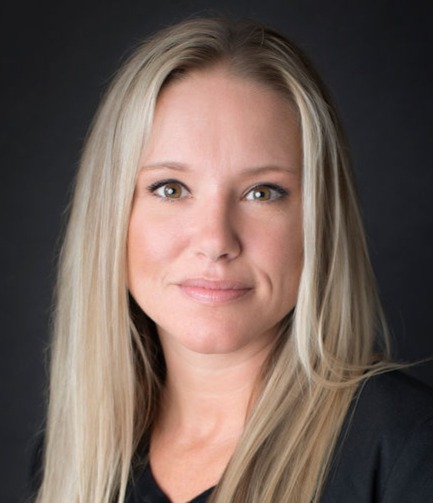Staffing Crisis in Senior Care: We Can Fix This Problem
- jramieri

- May 24, 2022
- 3 min read

The staffing shortage at all levels of senior care is not going away overnight. We are saddled with it for a while. As most of us know, it was a problem before the pandemic. COVID just managed to throw a spotlight on it and make it worse, as it did to so many other aspects of our society.
But there are some initiatives we can begin now that will, over time, address the issue. Here are a few suggestions.
Take Senior Care Back to School
Each year high schools have a career day. They bring in people from all sorts of occupations to talk to students and answer questions about their work. For those who have no idea what they want after high school, this is a way for them to learn about different professions. Senior care professionals should be represented in these events. Better yet, bring along your director of nursing or the head of memory care.
There are students at four-year colleges who enter the work world making $40,000 a year. Someone with the proper schooling can step into an administrative position in a senior care organization making twice that much. While they are still in high school or college, a part-time job in senior care can prepare a student for that career pathway.
Senior care is a difficult job. If it were easy, everyone would do it. High school is a time for young adults and kids to sample different positions and figure out what they want to do with the rest of their life. You can help.
Student Loan Forgiveness for Senior Care Workers
Student loan forgiveness is a hot topic right now, and everyone has a different opinion on it. They are all justified. But what about student loan forgiveness for those in the business of senior care? Teachers in districts across the country have student loan forgiveness programs. Teach for a certain period, ten years in at least one district we know of, in a school district meeting specific qualifications, and your loans can be forgiven.
There are tuition forgiveness programs for other categories of healthcare workers. The programs should be extended to those involved in long-term and senior care.
The U.S. Department of Health and Human Services (HHS) identified 15 million U.S. seniors in long-term care in a 2020 report. HHS estimates that nearly 27 million people will need some level of long-term care by 2050. Not all those people will need skilled nursing care, but a sizeable portion will. Right now, the 15,000 SNFs in the U.S. are caring for about 1.5 million Americans, and the system is near capacity. Something needs to change. Tuition forgiveness encourages people to stay in the industry longer.
Work Experience Programs in Senior Care
Skilled Nursing News reported in July 2021 on a program launched by the New Jewish Home in New York City. The program offered training as a CNA, home health aide training, and internships. Efforts focused on underprivileged students and adults in underserved communities.
Close to 200 students and young adults participated and graduated as of July 2021. Of those, 76% went on to get jobs at the New Jewish Home. Those who chose the CNA track found they could become certified as a CNA after the course and an internship.
This program, and others like it, allows participants to see the career opportunities and potential in senior care. They can tailor their studies and eventually become administrators and part of leadership teams. Their early exposure to frontline work makes them more valuable as leaders because they have been there and know what it takes.
… and of Course, These Kids Have a Better Sense of What Data Means
These young workers are members of Generation Z. They, of course, don’t remember a time without cell phones or computers. They don’t even remember dial-up. This also means that many of them grew up conditioned to look at the data. They embrace it as part of their decision-making duties. CareWork will be right there to help.
CareWork is a software platform that ties in the individual information silos in your senior care facility. Management and leadership, and your future decision-makers, can see the data from all corners of your operation and make sound decisions based on the data, facts, and information, as opposed to guesswork.
Interested? Call us for a demonstration today or visit our website.



